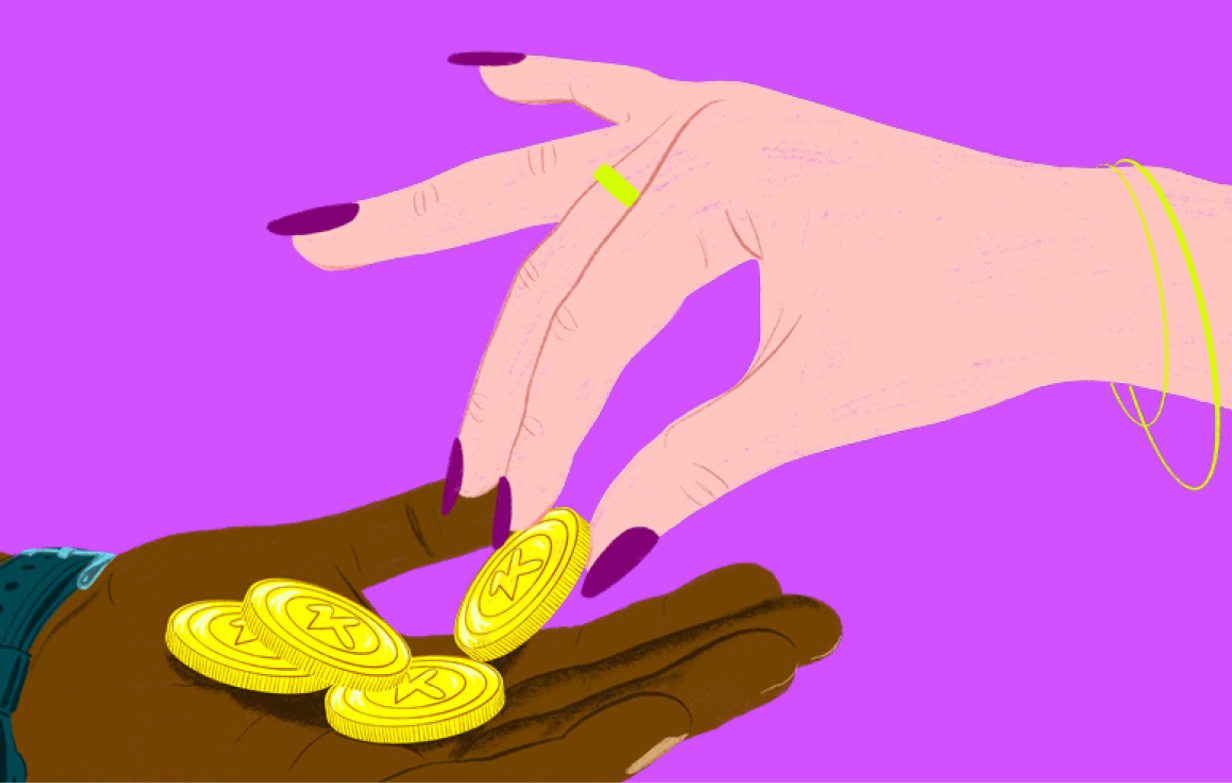Dealing with debt is tough. And if you've ever had debt sold to collections, you know it can hurt your credit. You've probably wondered if paying those collections will help your score.
When you stop making payments, your debt may get sold to collections. The goal is simply to get back some money - either for the original lender or the collection agency, depending on who owns it now.
Does paying off collections improve your credit score?
Paying your debts is good, but with collections, it doesn't automatically increase your credit score. Even after you've paid, the collection account still shows up on your credit report.
Lenders can still see this history, which might affect their decision to lend to you. If you do get approved, you'll likely pay higher interest rates.
Still, clearing collection accounts is worth doing.
What happens when you pay for collections?
Once you pay, the lender should tell the credit bureaus, and your account gets listed as paid.
Collections can stay on your credit report for up to 7 years from your first missed payment. Paying before this time runs out might reduce the negative impact.
How does paying collections affect your score?
A collection account hurts your score even after payment. These accounts get reported to credit bureaus with an R9 rating - the same rating you'd get for bankruptcy.
The impact depends on which scoring model is used. Some models don't count collections when figuring your score. Others treat different debts differently.
Your starting credit score matters too. If you had great credit, collections will hurt more. If your score was already low, you might not see much change.
Also, the longer a collection stays on your report, the less it typically affects your score.
Check your credit score for free.
How long do collections stay on your credit report?
Collections stay on your report for up to 7 years, paid or not. During this time, they can hurt your score and your chances of getting loans.
The good news? Their effect usually fades as time passes.
Can you remove collections from your credit report?
Yes, and it's worth doing. Try these options:
1. Check the statute of limitations: Ask the agency for a letter confirming the original creditor, amount owed, and whether the debt is still within your province's statute of limitations. If it's passed this time limit, they can't take legal action. After 6-7 years, collections should drop off your report automatically.
2. Negotiate with the collector: Consider a debt settlement where you pay less than you owe. While this might not remove the collection from your report, it shows it's paid, which helps your score.
What if you don't pay?
If you ignore collections, they might sue you. A judge could allow them to garnish your wages. But remember, there are time limits on debt collection in Canada.
After a certain period, they can't sue you, and the collections will disappear from your report after 6-7 years.
How to pay off collections
You have three main options:
1. Pay in full: The quickest fix, but tough if the debt is large.
2. Create a payment plan: More manageable - work out regular payments you can afford.
3. Settle the debt: Negotiate to pay less than the full amount. This works better with older, larger debts.
Worth Paying or Not?
Paying off collections might improve your credit score, depending on the scoring model. When you pay, your account gets marked as "paid" on your report. This makes future lenders more likely to work with you compared to having unpaid collections.

About the author
Quan works as a Junior SEO Specialist, helping websites grow through organic search. He loves the world of finance and investing. When he’s not working, he stays active at the gym, trains Muay Thai, plays soccer, and goes swimming.
Read more about this author